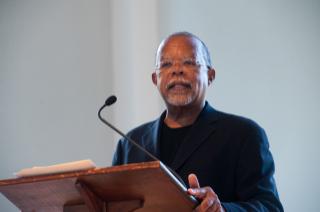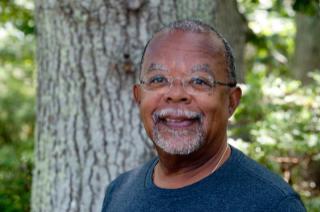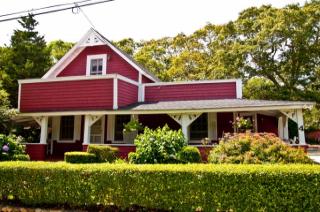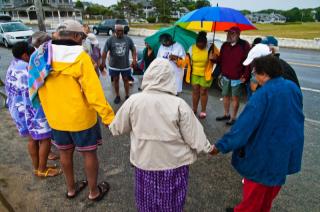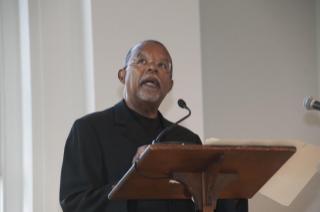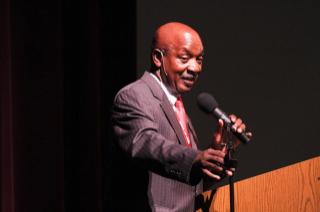African American History
2012
There were plenty of problems on the table and few easy solutions at hand as an influential panel convened Thursday evening to discuss the issue that has gone unnoticed in this issue-laden presidential election year: unemployment and high poverty rates in the African American community.
When Martin Luther King Jr. was assassinated in 1968, few “would have anticipated that in the year 2012, we would have the largest black middle class in American history,” said forum host Dr. Henry Louis (Skip) Gates Jr.
Henry Louis (Skip) Gates Jr. is passionate about roots. The Harvard professor, writer and genealogist first started on a family tree as a nine-year-old, after his grandfather’s burial, wanting to know about his connection to his father and grandfather. He’s followed his passion in his professional life, through scholarship and his popular television shows tracing people’s genealogy, and in the personal realm: still working on the family tree, he is trying to find the identity of his great-great-grandfather.
The Highlands, as they are familiarly known, are located on East Chop, the general boundary being laid out like the Methodist Camp Ground in Oak Bluffs, with a central circle ringed by house lots along curving avenues.
On a recent sparkling morning at Inkwell Beach, summer resident and retired Boston judge Ed Redd emerged from his daily swim and carefully considered a question: Does Martha’s Vineyard still retain a certain magic for African Americans — longtime residents and new visitors alike? Judge Redd, a barrel-chested, affable ambassador for the Polar Bears, the historic group that finds invigoration and spirituality in morning swims at the Inkwell from July 4 to Labor Day, didn’t pause for long.
2011
Since 1968, the black middle class in America has quadrupled, Henry Louis (Skip) Gates told a packed house at the Edgartown Whaling Church on Thursday evening.
But that was the only positive news in an otherwise bleak survey of the state of black education by a panel of experts convened by Professor Gates and the W.E.B. Du Bois Institute for African and African American Research.
It’s past time for Americans to have a conversation about race, a panel of cultural and academic luminaries agreed at a crowded Martha’s Vineyard Performing Arts Center on Wednesday. What the rules of that conversation are, who the participants are and where the conversation will take place is less certain.

